West Virginia Public Broadcasting
March 16, 2010
By Emily Corio

Excerpt:
"They’re environmental scientists at West Virginia University’s Water Research Institute and they’re trying to find a better, more environmentally sound way to drill for natural gas in the Marcellus Shale formation.
“Marcellus Shale gas development in West Virginia is going to explode over the next couple of years that is the rate of gas development, the size of the reserve; it’s just going to be a very big new industry for the state,” said Ziemkiewicz, director of the Water Research Institute. “Dealing with the water issue is something we need to do up front rather than wait till we have to play catch up and we’ve really got some problems.”
Companies can now drill in Marcellus shale because of a relatively new technique called hydraulic fracturing where water is forced down into a gas well; the shale is fractured from the water pressure and sand is used to prop open the cracks so the natural gas can escape.
Only about 20 percent of the water used for this process comes back to the surface, and it’s laden with salt, chemicals and metals that make it harmful to waterways.
Ziemkiewicz says the filter system they’re testing would not clean the water so that it could be returned to waterways but he says the water would be clean enough for drillers to reuse it.
“You just can’t inject return water right back into the next frac job because it has too much suspended solids which would plug up all those fissures that we’re trying to make in hydrofracking and at the same time that would decrease the life of that particular the well,” Ziemkiewicz said." Article>>>>

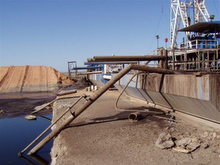



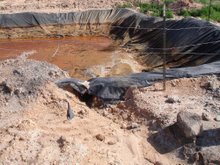

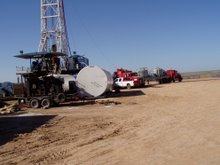
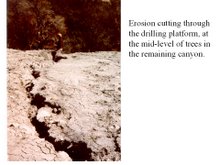
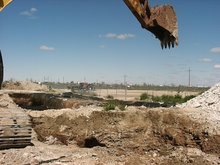
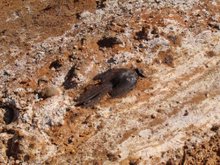
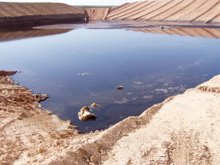
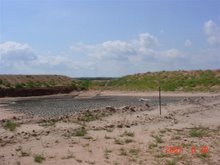
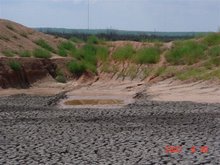
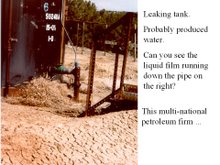
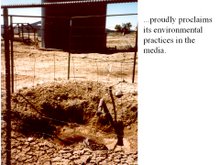
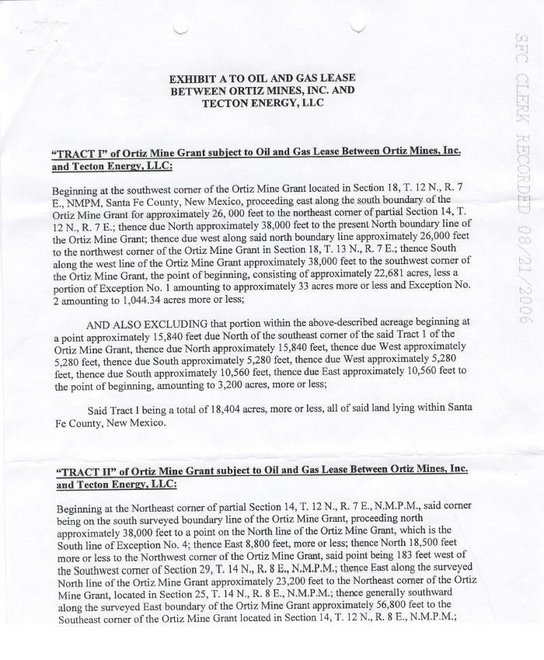
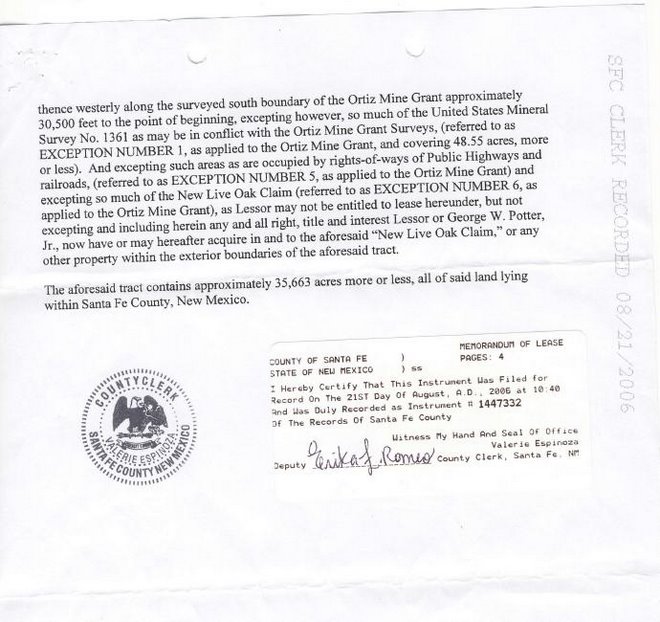
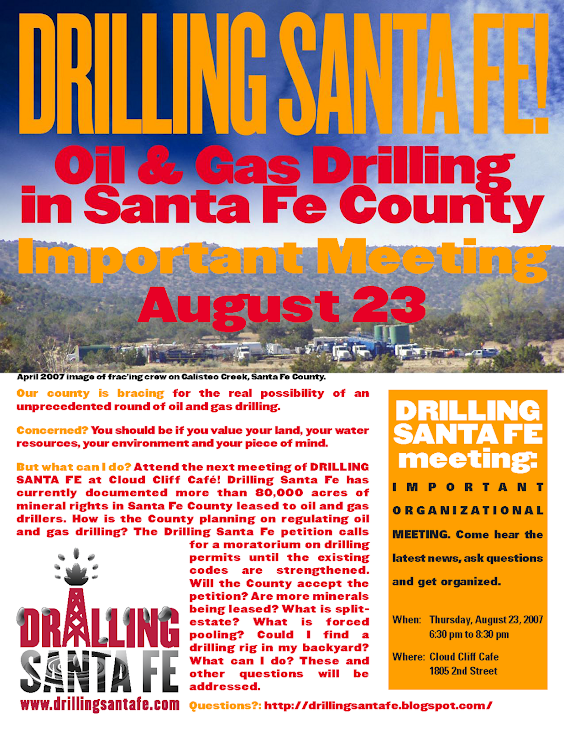

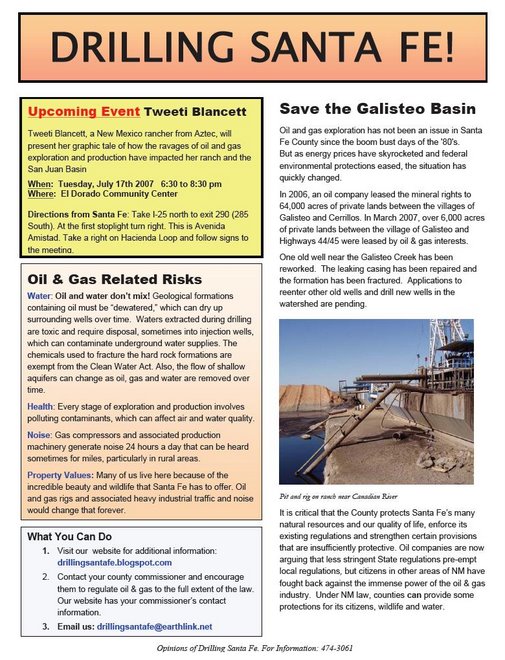
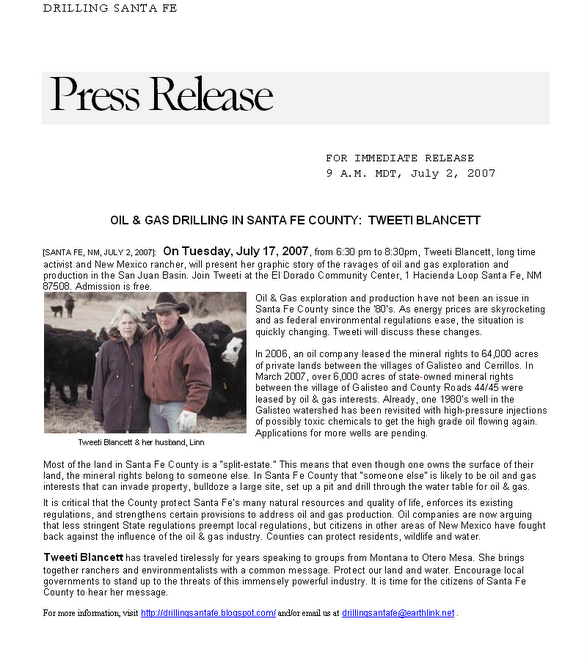
No comments:
Post a Comment